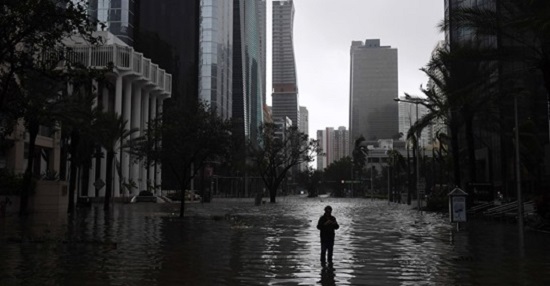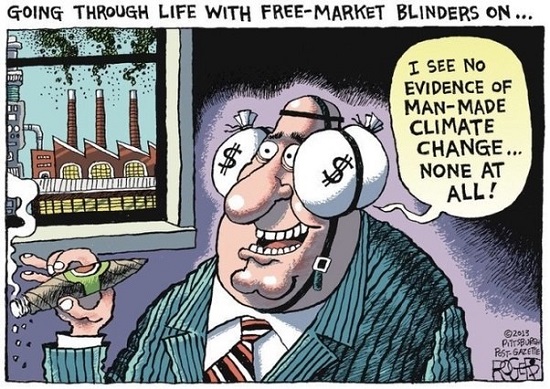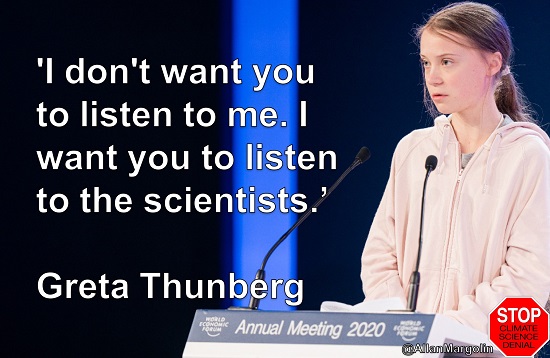2020 SkS Weekly Climate Change & Global Warming Digest #4
Posted on 26 January 2020 by John Hartz
Story of the Week... Perspective of the Week... Toon of the Week... Video of the Week... Coming Soon on SkS... SkS Week in Review... Poster of the Week...
Story of the Week...
Plastics Plants Are Poised to Be the Next Big Carbon Superpolluters
A boom in petrochemical plants driven by cheap natural gas could lock in greenhouse emissions for decades to come

Credit: Paul Harris, Getty Images
The Sunshine Project, a gargantuan petrochemical complex planned on 2,500 acres along the Mississippi River south of Baton Rouge, La., will be one of the largest greenhouse gas emitters in America when it becomes fully operational in 2029.
Earlier this month, Louisiana regulators approved an air quality permit that will allow the facility to pump 13.6 million tons of carbon dioxide into the atmosphere every year. That’s equivalent to adding 2.6 million cars to the road annually.
No industrial facility in the United States reported emissions of that magnitude between 2011 and 2018, according to an E&E News review of EPA data. In 2018, only 13 coal plants emitted more.
Sunshine is at the forefront of an often-overlooked boom in America’s petrochemical sector, one that climate advocates worry could undo recent greenhouse gas reductions by locking in a new source of planet-warming pollution for decades to come.
Plastics Plants Are Poised to Be the Next Big Carbon Superpolluters by Benjamin Storrow, E&E News/Scientific American, Jan 24, 2020
Click here to access the entire article as posted on the Scientific American website.
Perspective of the Week...
We can’t recall the planet if we mess up: Climate change is risky business

A man stands in a flooded street in Miami on Sept. 10, 2017, as Hurricane Irma hits the area. (Matt McClain/The Washington Post)
If we handled climate risk the way that businesses manage risk every day, we would have tackled climate change a long, long time ago. But that’s not how we as a society are responding — even though the potential consequences are a lot worse than most business risks.
Consider how climate change risk is expressed in key reports like those from the U.S. National Climate Assessment (NCA) and the U.N. Intergovernmental Panel on Climate Change (IPCC).
The NCA says there is at least a two-thirds chance that your asthma or hay fever will get worse because of climate change. There’s a more than 90 percent probability that extreme precipitation (think flooding) will increase in frequency and intensity. What about heat waves increasing? There’s a 99 percent probability. In fact, heat waves kill more people than any other weather-related event in the United States.
We can’t recall the planet if we mess up: Climate change is risky business, Perspective by Rob Motta & Jim White, Capital Weather Gang, Washington Post, Jan 25, 2020
Toon of the Week...

Video of the Week...
The cause of Australia’s bushfires – what the SCIENCE says by Potholer 54, YouTube Video, Jan 18, 2020
Coming Soon on SkS...
- With the En-ROADS climate simulator, you can build your own solutions to global warming (Dana)
- Global warming is happening here and now (John Cook)
- Skeptical Science New Research for Week #4, 2020 by Doug Bostrom
- Too late to stop Climate Change? (Climate Adam)
- Next run of Denial101x starts on February 4 (Baerbel)
- 2019 SkS Weekly Climate Change & Global Warming News Roundup #5 (John Hartz)
- 2019 SkS Weekly Climate Change & Global Warming Digest #5 (John Hartz)
Poster of the Week...

SkS Week in Review...
- 2020 SkS Weekly Climate Change & Global Warming News Roundup #4 by John Hartz (SkS Original)
- Waking up to climate change | Australia's Bushfires by Climate Adam (YouTube Video)
- Skeptical Science New Research for Week #3, 2020 by Doug Bostrom (SkS Original)
- How did climate change get so controversial? by John Cook ("Cranky Uncle" Excerpt)
- Australia's heat and bushfires are signs of fundamental shifts in its climate by Greenman3610 (Yale Climate Connections)
- 2020 SkS Weekly Climate Change & Global Warming Digest #3 by John Hartz (SkS Original)































 Arguments
Arguments






























I've learned that carbon dioxide in the atmosphere is increasing a half percent a year. I've also learned that the major sources, like fires, are estimated with considerable uncertainty, with ranges of a factor of 10.
So why should I believe, as you evidently do, that my vehicle is responsible for the increase? Perhaps governments should manage their forests better.
[TD] See this post, and put further comments there please.